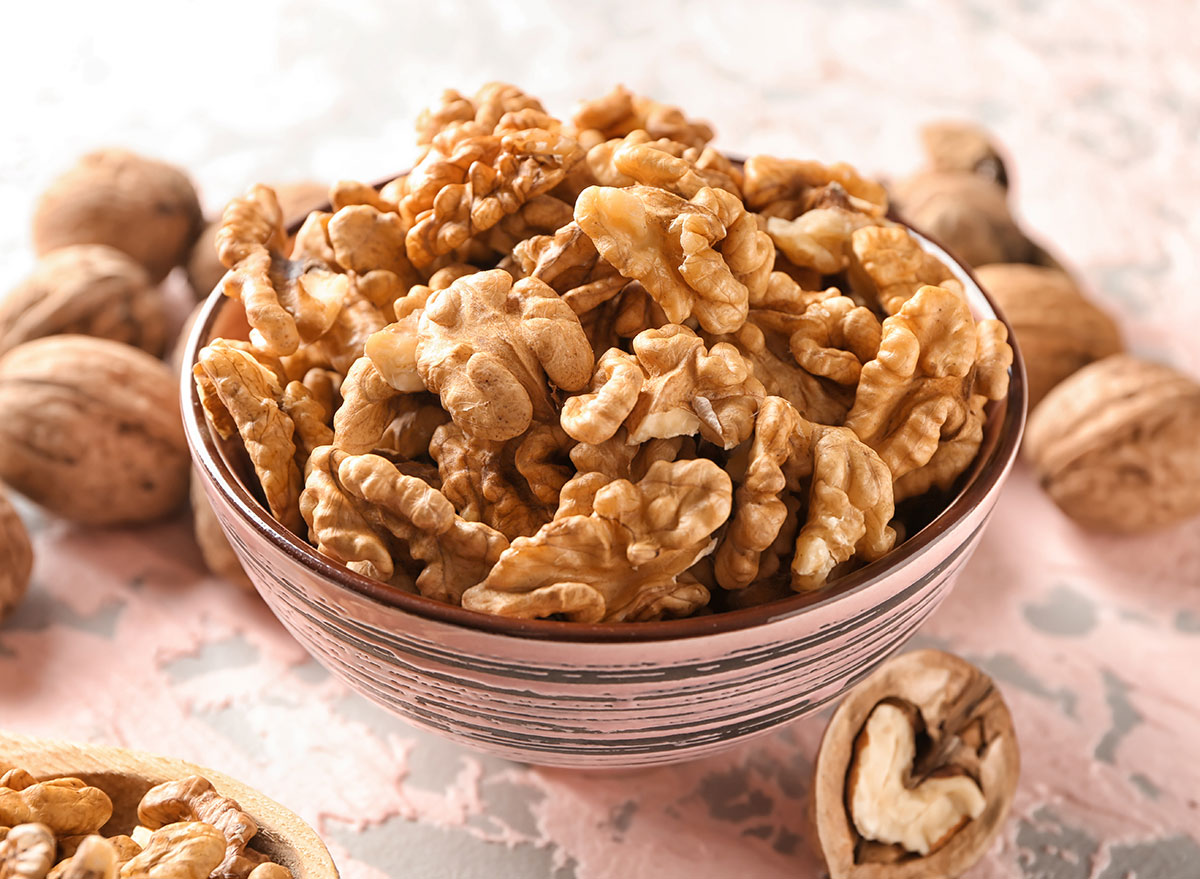Dates are a type of fruit that come from the date palm tree. They are often eaten dried and are commonly used in Middle Eastern cuisine, but they are also available fresh in some parts of the world. Dates are a good source of nutrients and may offer several health benefits.
Benefits of Dates
- Nutrient-dense: Dates are a good source of fiber, potassium, magnesium, and antioxidants.
- Digestive health: The high fiber content of dates may help promote digestive health by preventing constipation and improving regularity.
- Improved brain function: Some studies suggest that the antioxidants in dates may help improve cognitive function and reduce the risk of neurodegenerative diseases such as Alzheimer’s.
- Anti-inflammatory: Dates contain several antioxidants and anti-inflammatory compounds, which may help reduce inflammation in the body and lower the risk of chronic diseases such as heart disease, diabetes, and cancer.
- Lowered cholesterol: Some studies suggest that dates may help lower cholesterol levels, which could reduce the risk of heart disease.
- Improved bone health: Dates are a good source of calcium and magnesium, which are important minerals for bone health.
Nutritional Facts of Dates
Dates are a nutrient-dense fruit that are high in several important vitamins and minerals. Here are some of the key nutrients found in dates:
- Fiber: Dates are a good source of fiber, with around 2.4 grams of fiber per 100 grams of dates.
- Potassium: Dates are a rich source of potassium, with around 656 milligrams per 100 grams of dates. Potassium is important for heart health and may help lower blood pressure.
- Magnesium: Dates are also a good source of magnesium, with around 54 milligrams per 100 grams of dates. Magnesium is important for bone health, muscle function, and heart health.
- Vitamin B6: Dates are a good source of vitamin B6, with around 0.2 milligrams per 100 grams of dates. Vitamin B6 is important for brain function and the production of hormones and neurotransmitters.
- Iron: Dates are a good source of iron, with around 0.9 milligrams per 100 grams of dates. Iron is important for the production of red blood cells and the prevention of anemia.
- Vitamin A: Dates are a good source of vitamin A, with around 10 micrograms per 100 grams of dates. Vitamin A is important for eye health, immune function, and skin health.
Dates are also a good source of antioxidants, including flavonoids and carotenoids. Antioxidants can help protect the body against damage from free radicals and may reduce the risk of chronic diseases such as cancer and heart disease.
Risks of eating Dates
Dates are generally safe to eat for most people when consumed in moderation as part of a balanced diet. However, there are some potential risks associated with consuming dates, particularly if they are consumed in large quantities. Here are some of the risks to be aware of:
- High sugar content: Dates are high in natural sugars, with around 66 grams of sugar per 100 grams of dates. Consuming large quantities of dates can lead to an increase in blood sugar levels, which may be a concern for people with diabetes or those at risk of developing diabetes.
- Risk of contamination: Like other dried fruits, dates may be at risk of contamination with mold or other harmful microorganisms if they are not stored properly.
- Choking hazard: Dates have a small, hard pit in the center that can pose a choking hazard if not removed before consuming.




